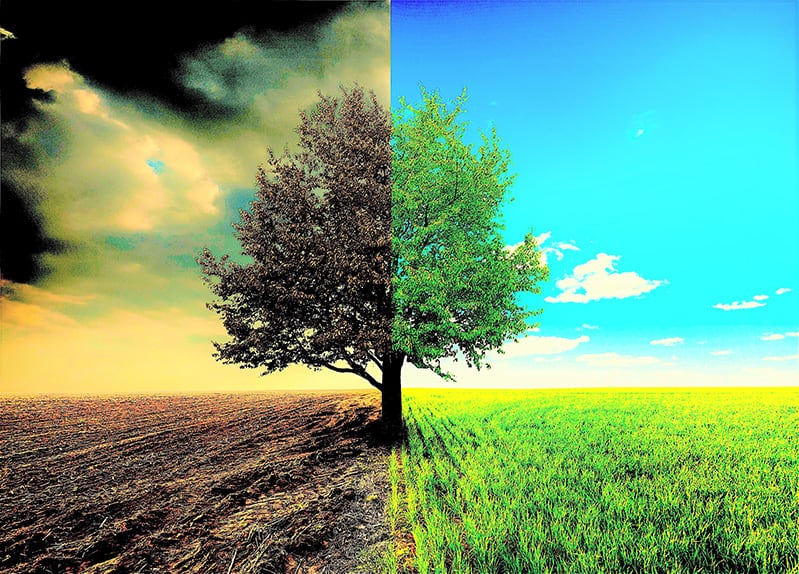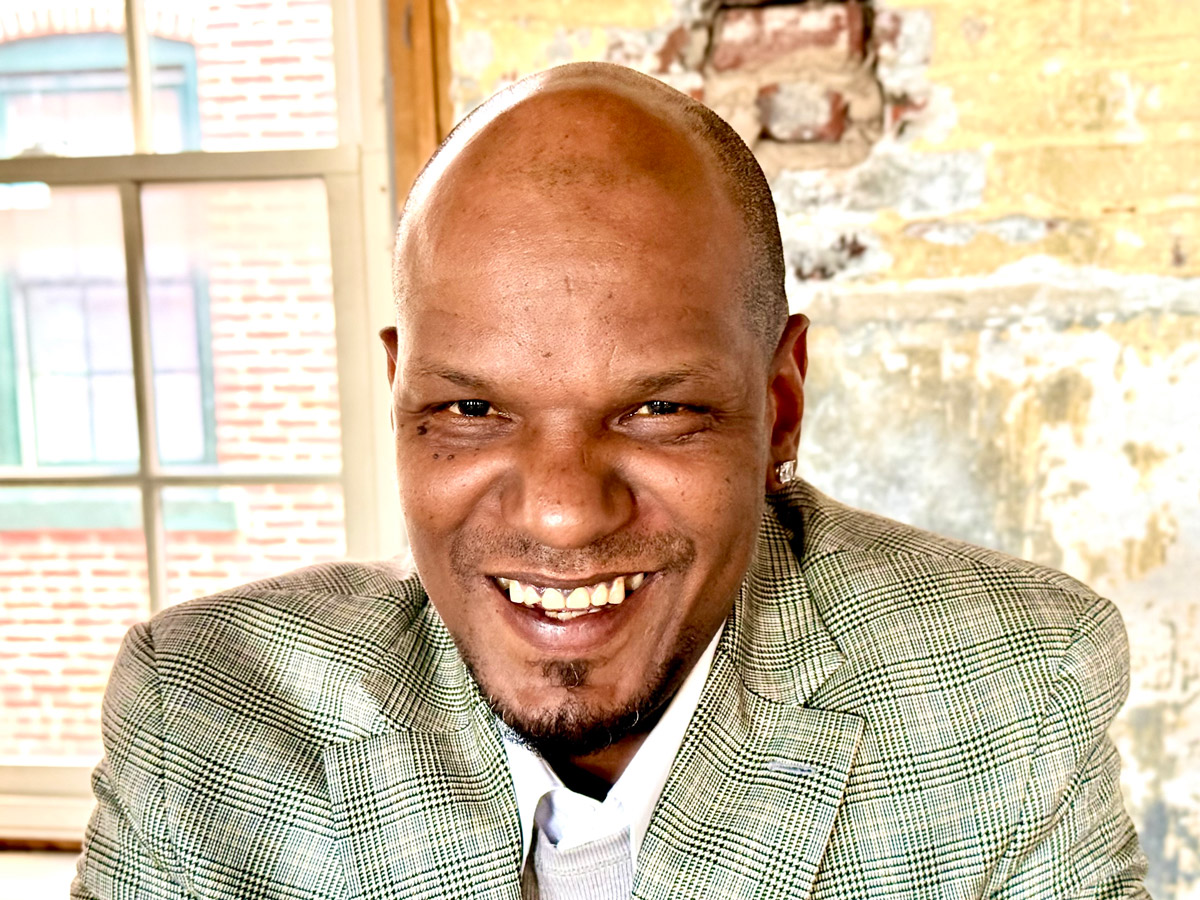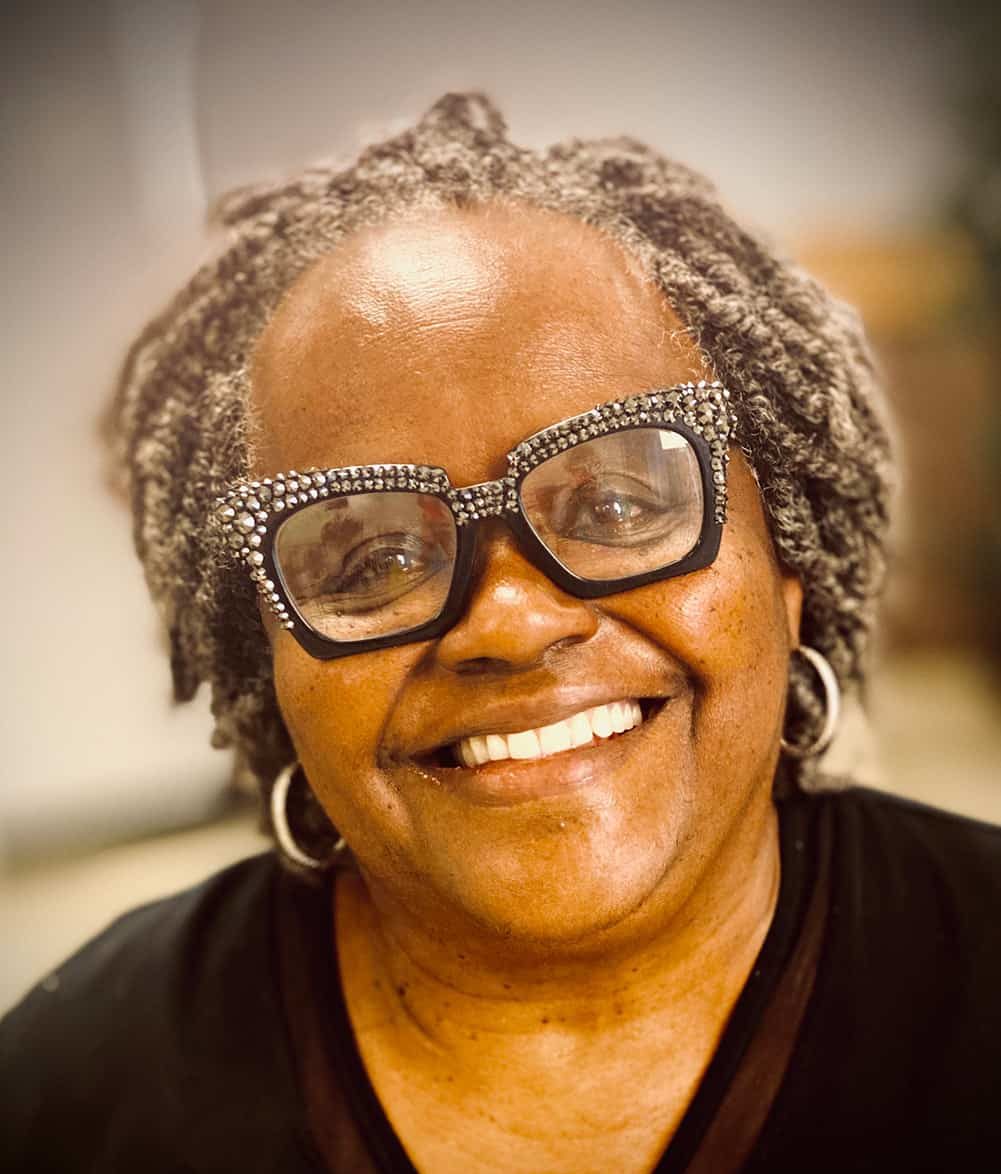
OpEd by Mary Gay Abbott-Young
Chief Executive Officer, Rescue Mission of Trenton
Published in The Trentonian
Some people come to The Mission with everything they own in their pockets. Or in a black trash bag that they are pulling along behind themselves.
They are probably at the lowest point in their lives. Certainly, one of the lowest points.
They have been dealt more than their fair share of trauma, tragedy, and rejection.
They have come to believe and accept that things will not work out.
They have come to see no way out, no options.
They have gotten used to – make that numb to – life being that way.
For most, their physical and emotional scars began in childhood.
For all, that anguish means that it is just another day.
What they have come to know about themselves is that they can walk through hell – because they have been through hell and back.
To survive, they have built a protective layer around themselves, which can be almost impossible to permeate.
For some, that protective layer keeps them from even reaching out for help at The Shelter unless there is a blizzard, and the weather is life-threatening.
Then, on those rarest of occasions, a light somehow seeps through the cracks in one of those protective layers.
Those are the times that I continue to be astounded by how – with compassion, help and encouragement – some of the individuals who enter our shelter decide to start recovering from their grueling hardships.
Their recovery may not occur the first time they come to The Mission.
Perhaps not the second time.
But eventually, the time becomes right; and, with guidance, some are able to dig deep inside of themselves, regain their footing, and see themselves in a new light.
That is why I always refer to those who come to our shelter as being economically poor.
Some people think I’m splitting hairs, wondering, “How else could they be poor?”
And I respond, “Some of the people who knock on our shelter’s door are rich in so many different ways. They just keep trying, against all odds. Their strength is absolutely remarkable to me. Some of their talents are amazing. Some of their insights are profound. They just have not had the opportunities that so many of us take for granted. Still, their resilience continues to astound me.”
We all admire when someone who has been knocked down, takes a deep breath, then, with even more determination, brushes themselves off, and tries again.
What we have come to learn at The Mission – particularly through this past year of uncertainty – is that true resilience is not just getting back up, then doing what you were doing before, a little faster, and a little harder.
True resilience, instead, is kindled in that moment after we have been knocked down. It is when we allow ourselves to pause and take into account what just occurred. In that moment of reflection, I believe is when resilience starts to kick in. It is when we quickly figure out what we learned, what we will do differently next time. Resilience is about understanding and accepting our true value. Then we are able to lift ourselves up. And carry on. With more clarity, passion, and perseverance than ever before.
There has not been a day that has gone by since the onslaught of this pandemic that I have not seen true resilience shown at The Mission – in those who work here as well as in those we serve – in ways that continually inspires me.
That resilience, I have seen, can take many shapes.
Let me share with you a story about someone who came to and went from our shelter for many years – until he found that seed of resilience in himself.
Johnnie is one of the 153 individuals who we were able to help move this year from The Shelter to his own apartment.
His journey from homelessness began last Thanksgiving.
It had been over a year since he saw his mother. “It wasn’t that I didn’t want to see her,” he said. “I just didn’t want her to see me in the condition I was in.” He paused, then added, “I was all messed up. I didn’t want to bring my problems around her.”
So, the night before Thanksgiving, Johnnie said, “I thought I’d go home. Have a meal with my mom and sisters. You know? Then go back on the streets.”
When he got home, though, there was something about the sweet smell of the turkey and stuffing. And the ham and cabbage. And the collard greens. It took him back to when he was a child.
And as his childhood memories swirled, his mom said she was glad to see him. Then she asked how he was. And Johnnie said, “I’m tired.”
He said, “I was tired of hurting her. She has always been one of my biggest supporters. And she pushed me to get myself better. You know how moms do that? And as I ate, I thought it wouldn’t hurt me to go to The Shelter. So afterwards, my mom fixed me another plate of food, and one of my sisters dropped me off at The Shelter.”
Johnnie paused, then said. “That’s when I got serious. I started talking with counselors and focusing on what I needed to do to stay positive.” He also started doing laundry in The Shelter for several hours a day – washing, then drying and folding sheets, pillowcases, towels and blankets for everyone staying in The Shelter.
When the pandemic struck, Johnnie was among the 23 most vulnerable individuals who, to be kept safe, we moved into a separate area where he had his own room.
And just last month, he moved to his own efficiency apartment in West Trenton.
Now, he begins each morning taking a 15-minute bus ride to The Mission, where, starting around 8:30, he continues to take care of the laundry, which he sees as his way of giving back.
Then, about four hours later, he catches a bus back home. Sometimes glancing out the window, he thinks about what his life used to be like, living on the streets, sleeping in abandoned buildings.
As the bus stops a block away from his apartment, Johnnie gets out, takes a deep breath, then smiles, and walks the rest of the way home.
For Johnnie and the other 1,416 individuals who stayed at The Mission in this year of uncertainty, what we know to be true is that change is possible.
And it starts with resilience.
Such resilience is about lifting ourselves up from a trauma that would weigh most others down. It also is about being able to bend, rather than break. Then, when we are able to bend, it is about accepting our true value. Ultimately, it is about recognizing a faint glimmer inside of us that reminds us of who we once were, and allows us to start shinning again.
If we all had such resilience, can you imagine what a world we would have?


